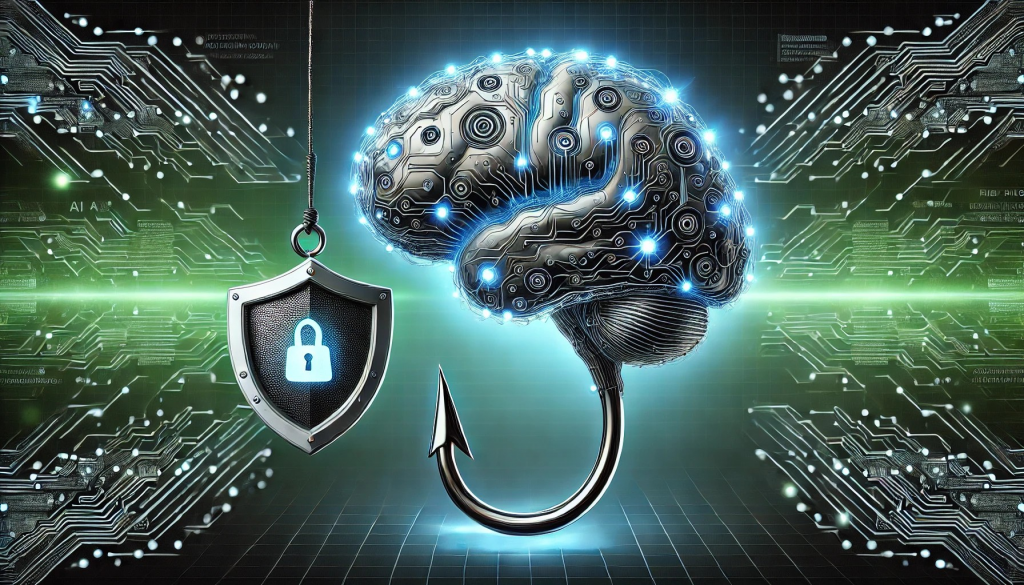justineanweiler – Artificial Intelligence (AI) is revolutionizing the healthcare industry, bringing innovative solutions that enhance patient care, streamline operations, and improve outcomes. From diagnostics to treatment planning, AI technologies are transforming how healthcare providers deliver care. Here’s a closer look at the various applications and implications of AI in healthcare.
1. Enhanced Diagnostics
One of the most impactful uses of AI in healthcare is in diagnostics. Machine learning algorithms can analyze medical images, such as X-rays, MRIs, and CT scans, with remarkable accuracy. AI systems, trained on vast datasets, can detect anomalies like tumors or fractures that might be missed by the human eye. For instance, companies like Zebra Medical Vision and Aidoc are utilizing AI to assist radiologists in identifying conditions more quickly and accurately.
2. Predictive Analytics
AI can analyze patient data to predict health outcomes, enabling proactive interventions. By leveraging electronic health records (EHRs) and other data sources, AI systems can identify patients at high risk for conditions like diabetes or heart disease. Predictive analytics not only help in early detection but also assist healthcare providers in designing personalized treatment plans.
3. Personalized Medicine
The era of one-size-fits-all treatment is fading as AI paves the way for personalized medicine. By analyzing genetic information alongside clinical data, AI can help tailor treatments to individual patients, enhancing efficacy and reducing side effects. For example, AI is being used to predict how patients will respond to specific cancer therapies based on their genetic makeup.
4. Virtual Health Assistants
AI-powered virtual assistants, such as chatbots, are improving patient engagement and support. These tools can answer patient queries, schedule appointments, and provide reminders for medication. For instance, the chatbot developed by Babylon Health allows users to assess their symptoms and receive healthcare advice without needing to visit a doctor immediately.
5. Drug Discovery and Development
The pharmaceutical industry is leveraging AI to accelerate drug discovery processes. By analyzing biological data and chemical compounds, AI can identify potential drug candidates much faster than traditional methods. Companies like Atomwise use AI to screen millions of compounds for effectiveness against specific diseases, significantly reducing the time and cost involved in bringing new drugs to market.
6. Operational Efficiency
AI can optimize various operational aspects of healthcare facilities, from managing staff schedules to predicting patient admission rates. By analyzing historical data, AI can help hospitals allocate resources more efficiently, ensuring that they are prepared for patient surges and minimizing wait times.
7. Challenges and Ethical Considerations
Despite its potential, the integration of AI in healthcare is not without challenges. Concerns about data privacy, security, and algorithmic bias must be addressed. Ensuring that AI systems are transparent and explainable is crucial for gaining trust from both patients and healthcare professionals. Moreover, regulatory frameworks need to evolve to keep pace with AI advancements in healthcare.
8. The Future of AI in Healthcare
The future of AI in healthcare looks promising, with ongoing advancements in technology and data analytics. As AI becomes more integrated into clinical workflows, it has the potential to enhance not only individual patient care but also public health outcomes by analyzing large-scale health trends and outbreaks.
Conclusion
AI is undoubtedly reshaping the landscape of healthcare, offering unprecedented opportunities to improve diagnostics, treatment, and patient management. While challenges remain, the ongoing research and innovation in AI hold the promise of a healthier future for individuals and communities alike. As we continue to explore and implement AI in healthcare, it is essential to prioritize ethical considerations and ensure that technology serves to enhance human care.





